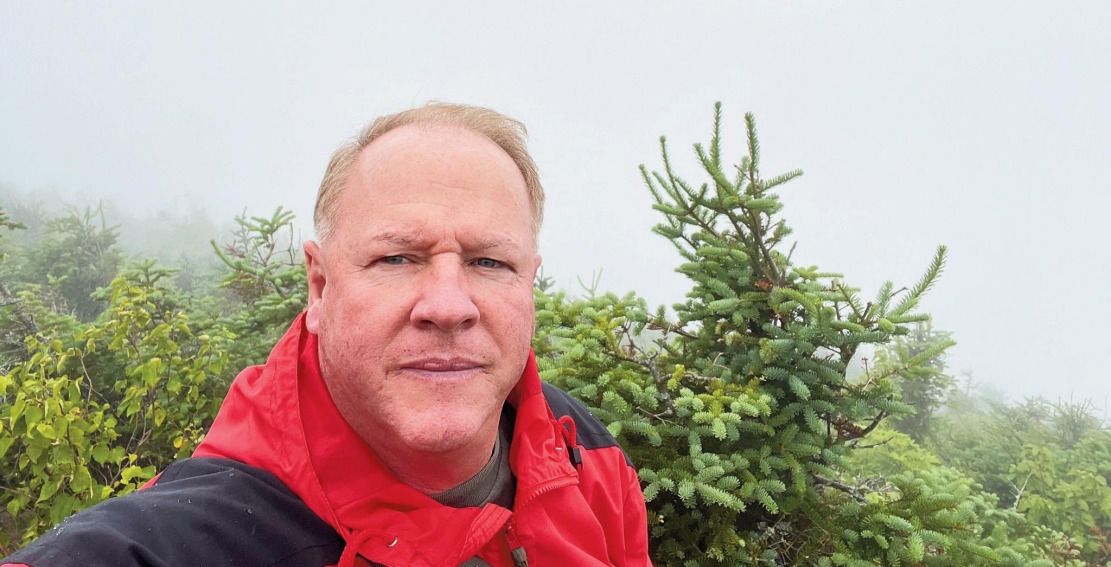Lejeune challenging, and I loved that they worked me out until exhaustion, particularly at boot camp. But, I would often head back to the gym at night to get in a few more hours.
I was fortunate that there were no wars when I was in the Marines, but I volunteered for any training I came across, such as advanced communications and martial arts. I had found a connection with martial arts and never stopped training in it, throughout active duty. When I went back to New Haven and enrolled in college during my time in the reserves, I continued my martial arts training in Shotokan karate. I competed on my college team, and sought more ways to exhaust my body, to ensure some form of sleep.
In 1982, I was hired as a police officer and continued to feel the need for pre-sleep exhaustion, but now, on a rotating schedule. Throughout my career as a direct first responder, I came across a lot of horrific things, from suicides to confrontations on SWAT, to children who lost their lives tragically: all of which increased the PTSD, that likely started when my father died.
A few years and two kids later, I inadvertently found a new level of martial arts training in ninjutsu, when my children questioned one of my friends about his "ninja" training, that he was explaining to them. After heading to the club where my friend trained, I quickly learned his sensei, Greg was one of the best martial artists I had ever found or met. Greg is the one who started my Zen training. He's a warrior, but he's also a hippie. According to Greg, you become the best warrior you can, so you don't have to hurt anyone. Peace through superior power. Walk away if you can, but if you can't, learn how to win (but only when absolutely necessary).
Our nightly training included everything from stretching and technique, to meditation and breathing exercises, sometimes in the middle of sparring. When you slam pause on your move
ment as you're pumping with adrenaline, you learn how to get quiet, make things disappear, calm your body. This self-regulation of adrenaline was something that transferred to my police work. It helped slow my movements, especially during SWAT calls to navigate situations.
Ninjutsu is the art of war. It's not your average martial arts class. There is always inner meditation, slowing down, listening, and having a Zen element to your warrior experience: listening to your world, internally checking in with your body, breathing, heart rate, etc. If you become part of the attack, it can't hurt you. The same goes for mental anguish.
Ninjutsu has taught me: whether a physical or a mental threat, identify it, accept it, and get rid of it. When working out your body, it is equally important to connect with your mind. The meditative aspect of martial arts allowed me to become a better person, and started me down a path of inner peace.
Maybe eight or nine years after getting into the meditative warrior concept, Greg brought us on a 48-hour woods meditation retreat, in northern Pennsylvania. You picked a tree in the woods, Greg drew a circle around it, and you were not to leave the circle except to go to the bathroom. All I had was water… and my thoughts. I thought I knew how to breathe and meditate and quiet my thoughts. I thought I'd been doing that all along, but it was only after the first 24 hours or so, after I had thought about anything and everything, that my mind truly quieted, and I began to deal with my feelings, particularly the death of my father. This experience by myself ,put cracks in my bubble, and I started getting better from then on.
A few months later, I was on a midnight shift in the dead of winter. It was so peaceful as I sat in my cruiser and looked out over New Haven, when it just hit me. I was pissed that my father had died. I was an absolute mess for a day or two, really letting it sink in, that I had been holding onto so much anger at his
THE ART OF MINDFULNESS: "Martial arts kept me going and was my life saver. But ultimately, it was meditation that broke that bubble of anger. "
